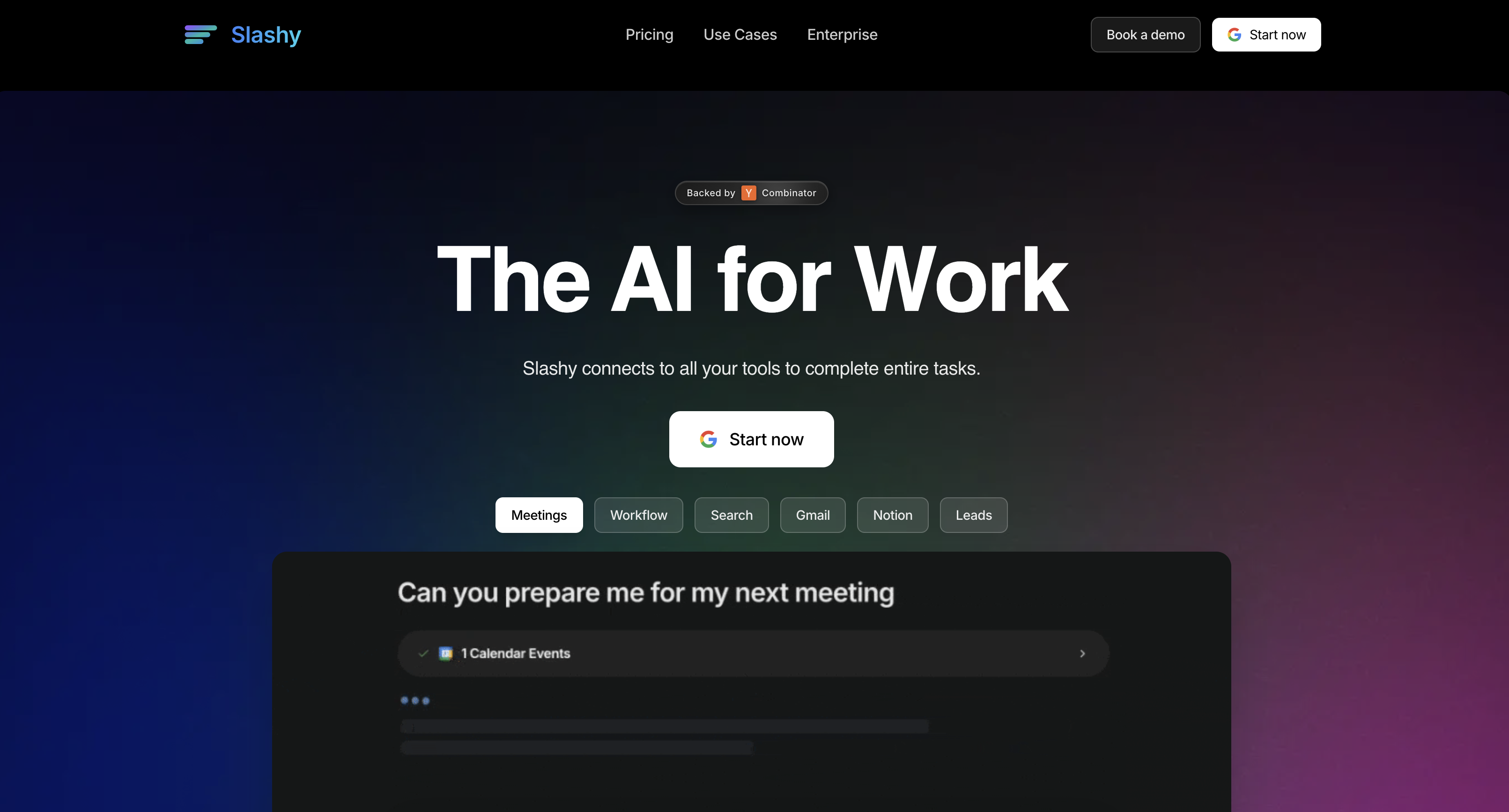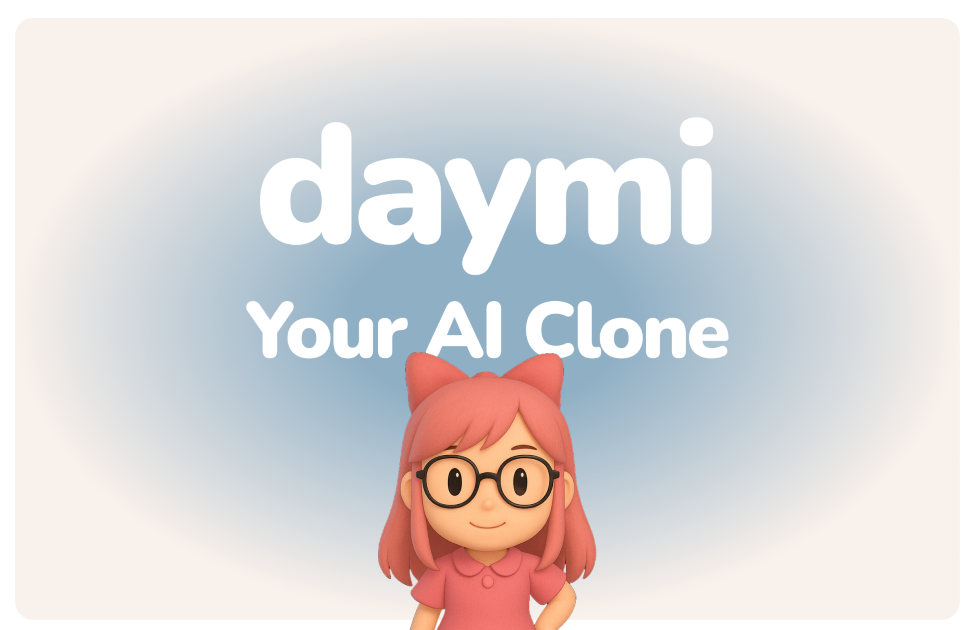Selecting the right payroll service represents a critical decision for businesses seeking to streamline operations while ensuring compliance with complex tax regulations.
Choosing between ADP and Gusto represents a critical decision for businesses seeking efficient payroll solutions in 2025. Both platforms offer distinct advantages that cater to different organizational needs and growth stages. Understanding the key differences between these industry leaders can help you select the option that best aligns with your company's specific requirements and future trajectory.
How Do ADP and Gusto Compare in 2025?
The payroll software landscape continues to evolve rapidly, with ADP and Gusto maintaining their positions as leading contenders. ADP leverages its 75+ years of industry experience to deliver robust, scalable solutions designed for businesses of all sizes. Gusto, meanwhile, has carved out a strong reputation over the past decade with its user-friendly interface and transparent pricing model that appeals particularly to small and medium-sized organizations.
Both platforms have continued to enhance their core offerings while expanding into complementary HR functions. ADP emphasizes comprehensive compliance management and enterprise-grade scalability across its service tiers. Gusto focuses on delivering an intuitive user experience with straightforward navigation and clear, jargon-free guidance throughout the payroll process.
The right choice ultimately depends on factors including your company size, geographic distribution of employees, complexity of payroll needs, and anticipated growth trajectory. Many organizations report significant time savings after implementing either solution, with automated tax calculations eliminating error-prone manual processes.
Essential Payroll Features That Matter Most
Core payroll functionality forms the foundation of both platforms, though with notable differences in implementation. ADP offers multi-state payroll processing capabilities across all service tiers, allowing businesses to seamlessly manage employees working in different jurisdictions. The platform provides consistent two-day processing cycles without direct deposit limits, ensuring reliable payment processing for organizations of any size.
Gusto counters with unlimited payroll runs at no additional cost, representing substantial value for businesses with irregular payment schedules or frequent off-cycle payments. Both platforms handle tax calculations, filings, and payments automatically, though ADP provides more advanced state unemployment insurance management tools. Gusto restricts multi-state payroll capabilities to its higher-tier plans but offers four-day direct deposit standard with faster options in premium plans.
ADP's mobile app delivers comprehensive payroll management functions, enabling administrators to handle critical tasks from anywhere. Gusto offers mobile access only through web browsers rather than a dedicated application, potentially limiting on-the-go usability for busy payroll managers.
User Experience Differences Between Platforms
Gusto has built its reputation largely on delivering an exceptionally intuitive user experience that simplifies complex payroll tasks. The platform features a clean, modern interface with straightforward navigation that makes it particularly accessible for small business owners without specialized payroll expertise. Users consistently praise Gusto's dashboard organization, which presents critical information and pending tasks prominently.
ADP offers a more comprehensive but potentially overwhelming interface, particularly for new users. While the platform has modernized its design in recent years, the wealth of features and options creates a steeper learning curve initially. Power users appreciate ADP's customizable reports and dashboards that can be tailored to specific business requirements.
Both platforms support automated payroll runs for salaried employees, but user reviews suggest Gusto's automation setup requires fewer steps. For organizations prioritizing rapid implementation and minimal training requirements, Gusto's streamlined interface offers distinct advantages.
Pricing Models and Cost Considerations
Pricing transparency represents one of the most significant differentiators between these two payroll providers. Gusto maintains a straightforward, publicly disclosed pricing model that makes budgeting predictable for small businesses and startups. The platform's tiered plans provide clear pathways for growing companies to access additional features as their needs evolve.
Key aspects of Gusto's pricing structure include:
- Base fee starting at $49 per month plus $6 per employee
- No setup fees or hidden costs
- No extra charges for year-end tax reporting
- Unlimited payroll runs included in all plans
- Contractor-only option at $35 monthly plus $6 per contractor
ADP employs a quote-based pricing system that requires prospective customers to contact sales representatives for customized pricing. This approach creates less transparency during the initial evaluation process but may deliver better value for complex organizations with specialized needs.
Notable elements of ADP's pricing approach include:
- Custom quotes based on business size and complexity
- Additional charges for services Gusto includes standard
- Potential setup fees (though often waived with promotions)
- Premium pricing compared to Gusto for smaller organizations
- Promotional periods offering three months of free service
For businesses seeking straightforward pricing models, Gusto's transparent approach provides immediate clarity. Organizations with complex requirements may find ADP's customized pricing delivers better long-term value despite higher initial costs.
Hidden Costs and Value Considerations
When evaluating total cost of ownership, businesses must look beyond base subscription fees. Gusto includes several valuable features at no additional cost that ADP charges extra for, including unlimited payroll runs and year-end tax form processing. This inclusion can represent significant savings, particularly for businesses with irregular payment schedules.
ADP's additional fees for services like W-2 and 1099 processing can substantially increase the actual cost compared to the quoted base price. However, ADP's premium pricing often reflects more comprehensive service offerings, including 24/7 support availability and advanced compliance management tools that Gusto doesn't match.
For growing businesses, scalability costs should factor into the decision-making process. ADP's modular approach allows organizations to activate additional features as needed without platform migrations, potentially reducing long-term technology transition costs. Gusto may require businesses to upgrade plans or eventually migrate to more robust platforms as they expand, creating hidden future costs.
HR Capabilities Beyond Basic Payroll
Both platforms extend their functionality beyond core payroll processing to encompass broader human resources management tools. ADP demonstrates superior depth in HR offerings, including comprehensive compliance alerts, HR training resources, and access to certified HR professionals. The platform's employee handbook wizard comes pre-populated with state-specific information, saving significant time in policy development.
Gusto provides solid HR essentials with particular strength in employee self-service functionality. All employees retain lifetime access to their Gusto accounts, enabling them to retrieve past pay stubs and tax forms even after leaving the company. Gusto's onboarding tools streamline the new hire process with digital document signing and automated state new hire reporting.
Both platforms facilitate benefits administration, though with different coverage areas:
- ADP Benefits Coverage: All 50 states, medical/dental/vision insurance, retirement plans, workers' compensation
- Gusto Benefits Coverage: 38 states plus DC, medical/dental/vision insurance, retirement plans, workers' compensation, college savings plans (529s), commuter benefits
For businesses seeking advanced HR capabilities with customizable options, ADP provides greater depth. Organizations with straightforward HR needs will likely find Gusto's user-friendly essentials sufficient while appreciating the modern benefits options that appeal to today's workforce.
Employee Self-Service and Onboarding Tools
The employee experience represents an increasingly important consideration when selecting payroll platforms. Gusto excels in this area with intuitive self-service portals that make it simple for staff to access pay information, tax documents, and benefits details. The platform's clean, modern design extends to the employee interface, creating a positive experience that reduces administrative burden.
ADP's employee self-service capabilities provide comprehensive access to payroll information but with a more complex interface. The platform offers robust mobile access through its dedicated app, allowing employees to view pay details, tax forms, and benefits information from anywhere. This mobile functionality represents an advantage over Gusto's browser-only approach for organizations with distributed workforces.
Both platforms streamline employee onboarding with digital document management and automated tax form completion. Gusto's onboarding experience receives particularly high marks for its intuitive design and clear guidance through the process. ADP offers more extensive customization options for onboarding workflows but requires more configuration to implement.
Support Options and Availability Comparison
Support availability significantly impacts user satisfaction with payroll platforms, particularly during critical processing periods. ADP distinguishes itself by offering 24/7 live customer support across all service tiers, ensuring help is available whenever payroll issues arise. This round-the-clock availability represents a substantial advantage over Gusto's more limited support hours.
Key differences in support offerings include:
- ADP Support: 24/7 live assistance, dedicated onboarding specialists, support through mobile app, extensive knowledge base
- Gusto Support: Monday-Friday 5am-5pm PT, priority support for premium plans, comprehensive self-service resources, intuitive help center
Gusto compensates for its more restricted support hours with an exceptionally user-friendly interface that reduces the frequency of support needs. The company earns high marks for support quality during available hours, with representatives known for their friendly, helpful approach. Premium Gusto plans include dedicated customer success managers who provide personalized assistance.
Implementation and Onboarding Assistance
The initial setup experience can significantly impact long-term satisfaction with payroll platforms. ADP provides dedicated implementation specialists across all business sizes, helping ensure smooth transition from previous systems. This personalized approach includes data migration assistance, custom configuration based on business requirements, and training sessions for administrators.
Gusto offers a more self-directed implementation process with intuitive guidance throughout. The platform's step-by-step setup wizard walks administrators through each stage of configuration, from company details to employee information and tax settings. This approach works well for small businesses with straightforward requirements but may prove challenging for organizations with complex payroll structures.
Both platforms provide resources to support the transition from previous payroll systems. ADP's implementation team handles more of the heavy lifting, while Gusto emphasizes self-service tools that enable businesses to manage the process independently. For organizations without dedicated payroll specialists, Gusto's guided approach often proves more accessible despite offering less hands-on assistance.
Integration Capabilities With Business Systems
Effective payroll solutions must connect seamlessly with other business systems to maximize efficiency and data consistency. ADP excels in this domain with over 300 pre-built integrations covering accounting, time tracking, HR, benefits, and enterprise resource planning systems. This extensive ecosystem enables businesses to create connected workflows that eliminate manual data entry and reduce errors.
Gusto provides a more limited but still substantial integration catalog focused primarily on tools relevant to small and medium-sized businesses. Key integrations include popular accounting software, time-tracking tools, and expense management platforms that cover essential business functions for most small organizations.
The platforms differ significantly in their integration approaches:
- ADP Integration Strengths: Enterprise-grade connections, extensive POS system compatibility, single invoice billing for partner services, comprehensive API documentation
- Gusto Integration Advantages: Simpler connection configuration, focus on small business essentials, streamlined data synchronization, user-friendly interface for managing connections
Both platforms provide open APIs for custom integration development, though ADP's more extensive documentation and developer resources provide greater flexibility for organizations with specialized needs. For businesses heavily invested in enterprise software ecosystems, ADP's comprehensive connectivity presents clear advantages.
Data Security and Compliance Safeguards
Both ADP and Gusto implement robust security protocols to protect sensitive payroll and employee data. ADP leverages its extensive experience in compliance management to offer advanced tools for regulatory adherence across all jurisdictions. The platform maintains multiple data centers with redundant systems, SOC 1 and SOC 2 compliance, and encryption both in transit and at rest.
Gusto maintains strong security standards with SOC 1, SOC 2, and SOC 3 certifications, demonstrating adherence to rigorous control principles. The platform encrypts all sensitive information and implements multi-factor authentication to prevent unauthorized access. Gusto provides built-in compliance alerts and automated tax filing services that reduce regulatory risks for small businesses.
For organizations in highly regulated industries or those facing complex compliance requirements, ADP's advanced security infrastructure offers valuable risk mitigation benefits. Businesses with straightforward compliance needs will find Gusto's security measures sufficient while appreciating the platform's user-friendly approach to regulatory management.
Making Your Final Decision: ADP or Gusto?
After analyzing both platforms across multiple dimensions, clear patterns emerge to guide decision-making based on specific business needs. For small businesses and startups seeking affordable, user-friendly payroll solutions with transparent pricing, Gusto presents the superior option. Its intuitive interface minimizes the learning curve, while unlimited payroll runs and included year-end tax forms provide excellent value.
Organizations with straightforward payroll requirements and limited geographic footprints will benefit from Gusto's streamlined approach. The platform delivers comprehensive core features without requiring payment for unnecessary complexities. Small businesses particularly appreciate Gusto's transparent pricing model that makes budgeting predictable and eliminates surprise costs.
Conversely, ADP represents the optimal choice for medium to large businesses, organizations with multi-state operations, and companies anticipating significant growth. ADP's extensive scalability, 24/7 support availability, and advanced compliance management tools justify its premium pricing for complex operations. The platform's robust integration ecosystem provides additional advantages for businesses requiring seamless connectivity between payroll and other critical systems.
The decision between ADP and Gusto should align with your organization's current size, growth trajectory, geographic complexity, and specific feature requirements. Both platforms deliver reliable, effective payroll solutions-the key is identifying which provider's strengths best match your particular business priorities and operational realities.
Recommended Next Steps for Implementation
If you've determined which platform best suits your needs, consider these practical next steps to ensure successful implementation:
- Request detailed demos of your chosen platform with specific focus on your most critical requirements
- Develop a comprehensive data migration plan including employee information, tax settings, and historical records
- Create a realistic timeline for implementation that accounts for training and testing before going live
- Identify internal champions who will lead the transition and support other users during the learning process
- Establish clear success metrics to evaluate the platform's performance after implementation
Taking time to properly plan your transition will significantly improve adoption rates and overall satisfaction with your chosen payroll solution. Both ADP and Gusto offer resources to support implementation, though with different approaches that reflect their broader service philosophies.
The right payroll platform can transform your business operations by reducing administrative burden, improving compliance, and providing valuable insights into workforce costs. Whether you choose ADP's comprehensive enterprise capabilities or Gusto's user-friendly approach for smaller organizations, implementing modern payroll technology represents a significant step toward more efficient business operations.
Simplify Startup Finances Today
Take the stress out of bookkeeping, taxes, and tax credits with Fondo’s all-in-one accounting platform built for startups. Start saving time and money with our expert-backed solutions.
Get Started









.png)









